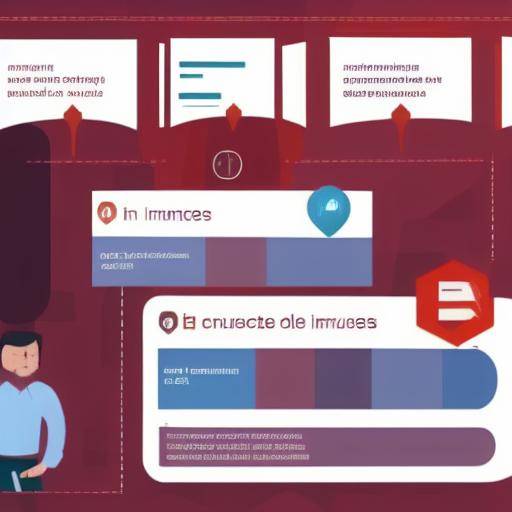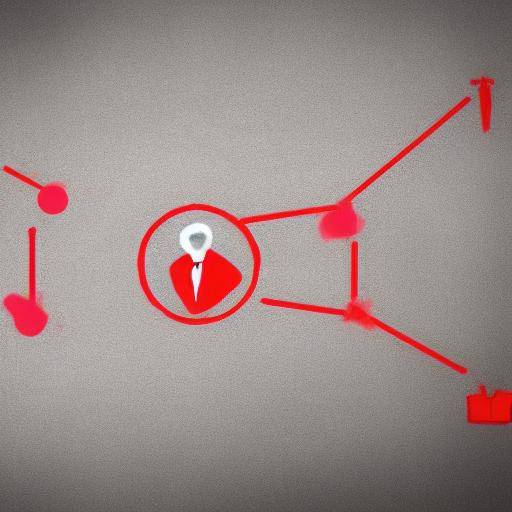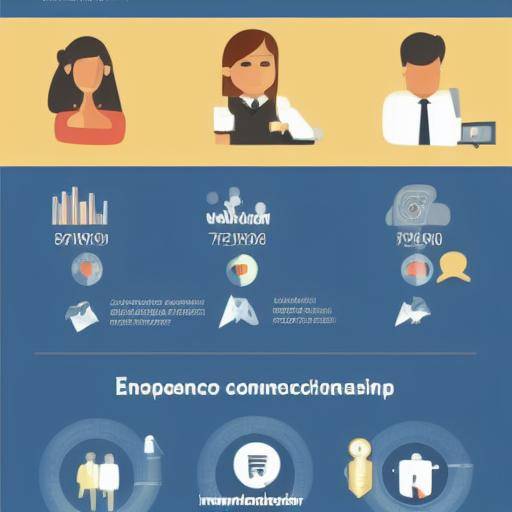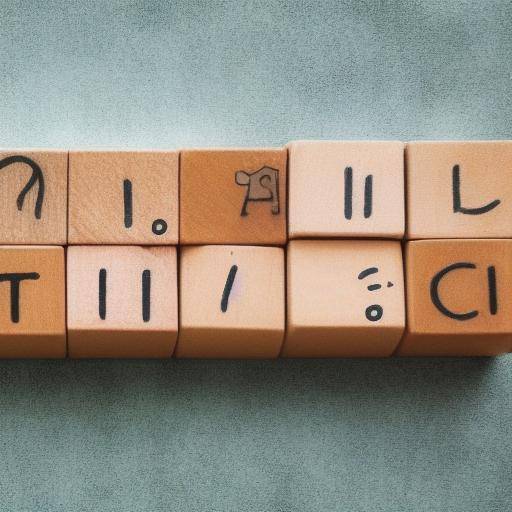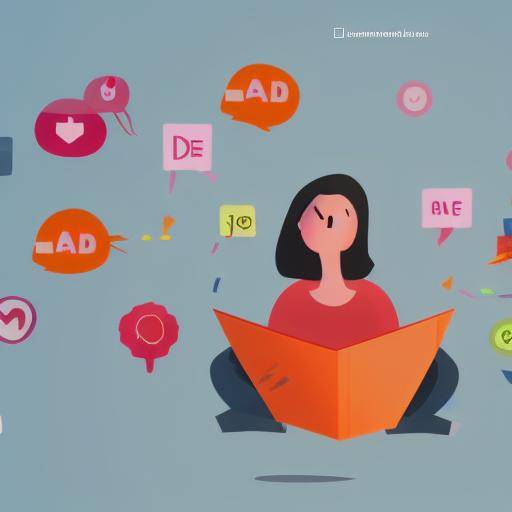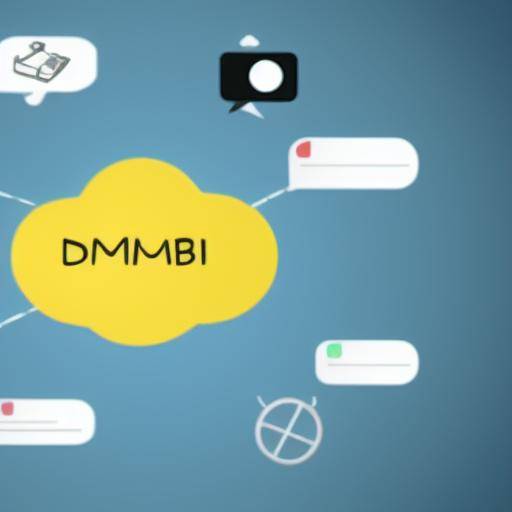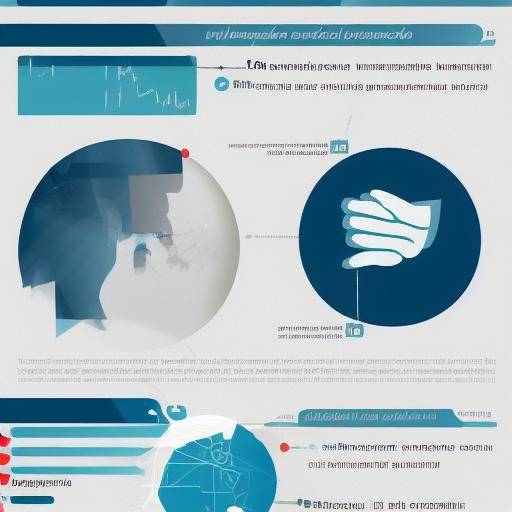
Effective communication is fundamental in all facets of life, whether in the personal, professional or social spheres. One of the key elements of effective communication is empathic listening, an ability that allows us to understand others deeply, creating stronger and more meaningful connections. In this article, we will explore in depth the impact of empathic listening on effective communication, addressing its history, benefits, challenges, practical applications, and future trends. In addition, we will analyze how empathic listening relates to communication skills and understanding, providing practical advice, expertise, case studies and predictions about the future of this skill.
Introduction
Empatic listening is much more than just hearing what another person is saying; it implies genuinely understanding the emotions and feelings that underlie the words of others. By practicing empathic listening, we can build bridges of empathy and understanding, which in turn strengthens our interpersonal relationships and communication skills. In this article, we will break down all relevant aspects of empathic listening and its impact on our daily lives.
History and Background
Empatic listening has deep roots in the history of humanity, as it has been recognized as a crucial skill in human interaction since time immemorial. From ancient philosophical teachings to contemporary practices of psychology and therapy, the importance of empathic listening has been constantly reaffirmed over the centuries.
Throughout history, influential figures have advocated empathic listening practice, recognizing it as a fundamental pillar in effective communication. Its evolution has been marked by the recognition of its positive impact on conflict resolution, the strengthening of interpersonal links and the promotion of mutual trust.
Relevant Developments
With the advancement of psychology and interpersonal communication, empathic listening has been the subject of numerous studies and developments, which have broadened our understanding of its importance. The therapeutic approaches focused on empathic listening have demonstrated their effectiveness in the treatment of psychological disorders, thus contributing to their legitimation in the professional field.
Analysis
Empatic listening provides a variety of benefits both individually and collectively. From improving the quality of our interpersonal relationships to increasing our ability to understand and empathy, this ability has a significant impact on our emotional and mental well-being. However, it also entails inherent challenges, such as the need for genuine concentration and empathy, which may be difficult to maintain in complicated situations.
Perspectives and Views
Various experts in communication and psychology have expressed their focus on empathic listening, highlighting their value and challenging their limitations. While some advocate their incorporation into the education curriculum at an early age, others raise questions about their practical application in working environments.
Detail
The ability to listen emphatically transcends different spheres of life, being successfully employed in therapeutic, labour, educational and personal environments. By integrating it into our daily routine, we can improve our effectiveness as communicators and contribute to building stronger relationships in all aspects of our social environment.
Conclusion
Empatic listening is a fundamental element in effective communication, facilitating a deeper and meaningful understanding of the experiences and emotions of others. By using it in our daily interactions, we can foster empathy, strengthen our communication skills and build stronger relationships in all areas of our lives. We hope that this article has provided a comprehensive view on empathic listening, its benefits and challenges, and its relationship with communication skills and understanding.
Frequently asked questions
1. What is the difference between empathic listening and communication skills?
Empatic listening focuses on the ability to genuinely understand the emotions and thoughts of others, while communication skills encompass a broader set of skills to effectively convey information.
2. How can empathic listening be improved in conflict situations?
In conflict situations, it is essential to practice empathy and active understanding, avoiding judgments or prejudices. The full concentration in the perspective of the other facilitates the peaceful resolution of disagreements.
3. What are the benefits of empathic listening in working environments?
Empatic listening in working environments can improve collaboration, increase productivity and strengthen teamwork, which contributes positively to organizational climate and job effectiveness.
4. Why is empatic listening fundamental in interpersonal relationships?
Empatic listening fosters trust, strengthens emotional ties and promotes more authentic communication. These elements are essential to cultivate healthy and meaningful relationships.
5. How can empathic listening contribute to a more positive educational environment?
The application of empathic listening in educational environments fosters an atmosphere of trust and openness, allowing students to feel understood and valued, which in turn enhances their learning and personal development.
6. What are future trends in the field of communication focused on empathic listening?
Greater recognition of the importance of empathic listening in various fields and its integration into educational and business programmes is envisaged. The application of technology to facilitate empatic listening is also seen as an emerging trend.
In short, empathic listening plays a crucial role in our ability to understand others and establish meaningful connections. By cultivating this skill, we are planting the seeds of more authentic and empathic communication, which contributes to the strengthening of our relationships and the enrichment of our daily lives.





